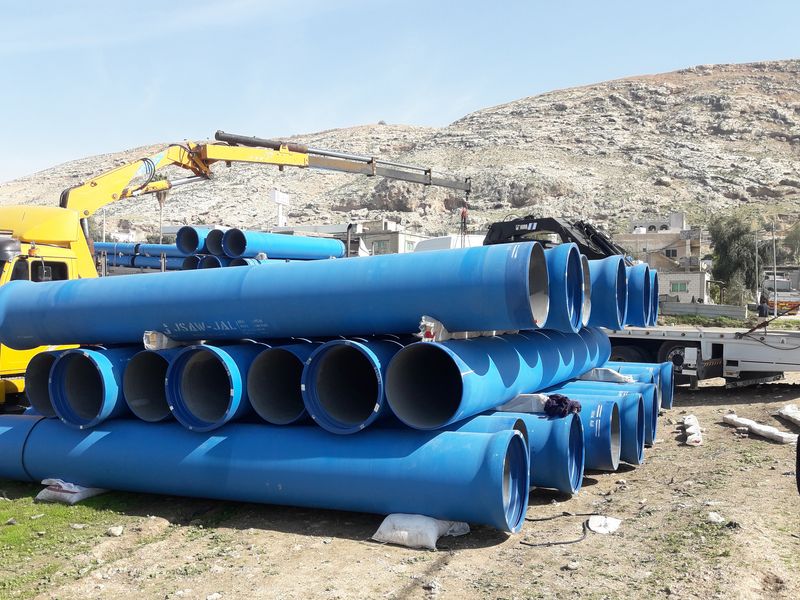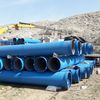Jordan Valley:Adaptation to the Climate Change Projects in the Jordan Valley (ACCP)
Disciplines
-
Environment & Sustainability
-
Water Supply
Companies
Dorsch International Consultants
Client
Jordan Valley Authority (JVA), Jordan
Duration
From 2016 to 2020Project Activities
- Redesign and replacement of one of the most affected irrigation systems in the Jordan Valley consisting of more than 100 km network and six pumping stations drawing water from the King Abdullah Canal
- Capacity building for 3 water user associations which manage parts of the system in Ghor Al Kabed GaK
- Assisting JVA in achieving the acceptance of treated wastewater as irrigation by farmers in the North of the Jordan Valley
- Connecting two pipelines conveying reclaimed water from the King Talal Dam in the South and three Wastewater Treatment Plants in the North along the King Abdallah Canal. Subsequently, the main transmission will be constructed between turn-out 24 and turn-out 33 over 9km including 4 pumping stations.
Contact
Dorsch International Consultants GmbH
München (Headquarters)
80687 München
Germany
Phone: +49 89 5797-0
Fax: +49 89 5797-800
E-Mail: info@dorsch.de
Description
The effects of climate change and rapid population growth in the catchment area of the Jordan River caused a rapid decline of available water for the agriculture in the Jordan Valley, thus increasing the importance of using reclaimed water for irrigation which is now the main source of water for more than two third of the cultivated surface in the Jordan Valley.
Consequently, this project is a step forward in achieving food security and strengthening climate change adaptation capabilities by implementing sustainable and resilient agricultural practices that increase productivity and preserve water resources ultimately reducing the vulnerability of the Jordan valley population against effects of climate change.
This is mainly done through:
- Replacing and redesigning one of the most affected irrigation systems in the Jordan Valley to promote sustainable agriculture, in turn contributing to ensuring quality ambient water in water bodies
- Increasing the participation and raising the population’s awareness, specifically Jordan Valley farmers, on sustainable practices and climate change mitigation and adaptation, primarily through increasing their acceptance of reclaimed water usage in irrigation.

